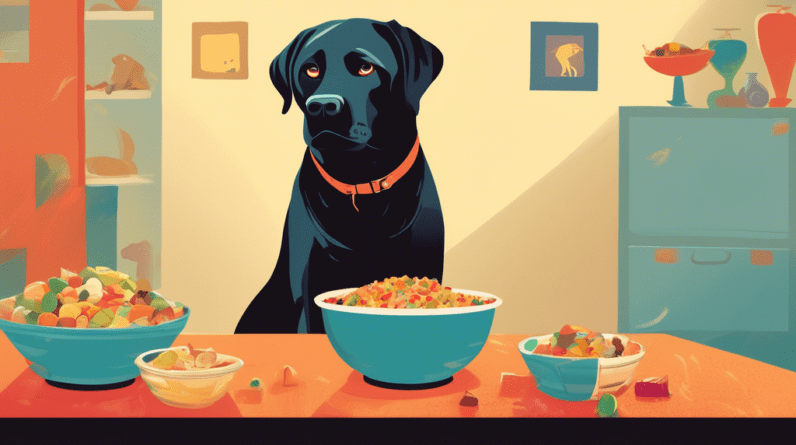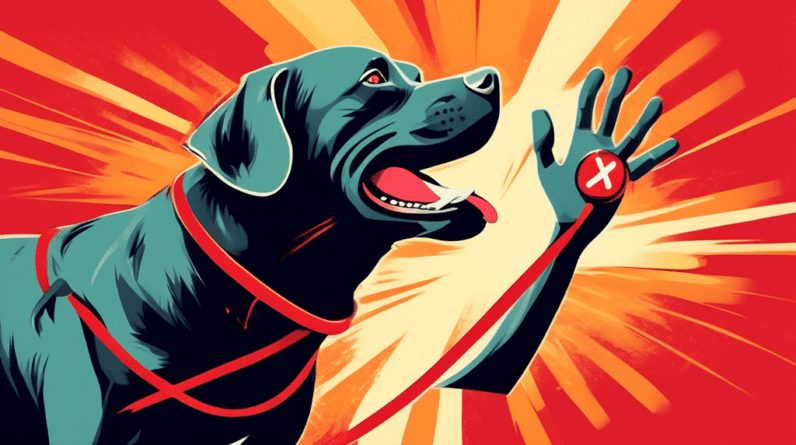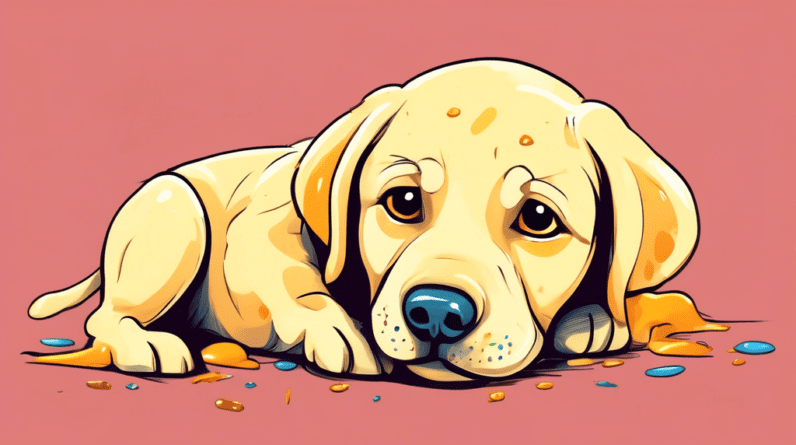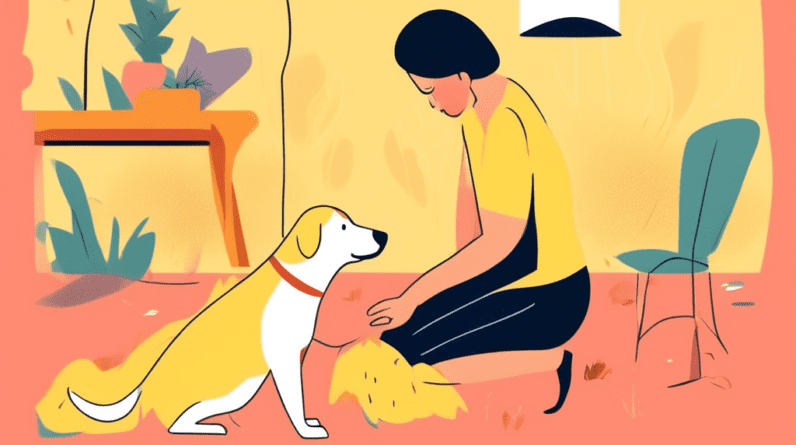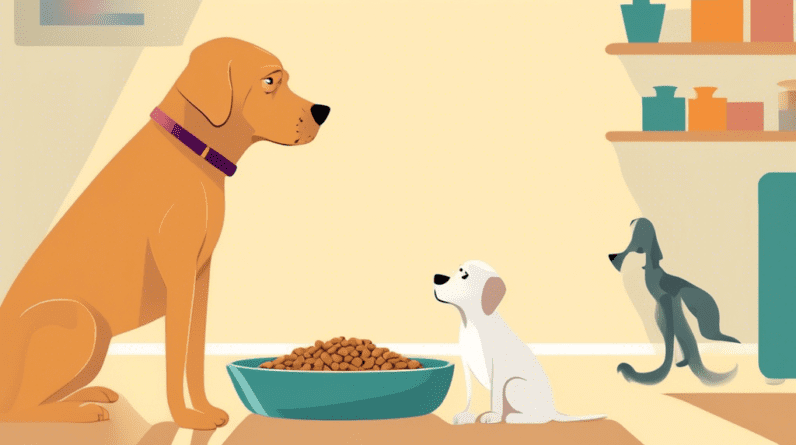
Why Does My Labrador Not Want to Eat? Understanding Appetite Issues in Labs
Labrador Retrievers are known for their boundless energy and, of course, their healthy appetites. So, it can be concerning when your usually food-motivated Lab suddenly turns their nose up at their bowl. Loss of appetite in Labs, or any dog, shouldn’t be ignored as it can be a sign of various underlying issues. Let’s explore some common, and some not-so-common, reasons why your Labrador might not be eating.
Medical Reasons Your Labrador Might Not Be Eating
Before you assume your Lab is being picky, it’s essential to rule out any underlying medical conditions. Several health issues can cause a decrease in appetite or even a complete loss of appetite (anorexia) in dogs:
1. Gastrointestinal Issues
Problems within the digestive system are among the most frequent culprits behind a Labrador’s refusal to eat. These issues can range from mild to severe and may include:
- Dietary Indiscretion: Did your Lab get into something they shouldn’t have? Eating garbage, spoiled food, or even too many table scraps can lead to stomach upset, vomiting, and diarrhea, temporarily putting them off their food.
- Food Allergies and Sensitivities: Just like humans, Labs can develop allergies or sensitivities to certain ingredients in their food, such as chicken, beef, dairy, or wheat. These can cause gastrointestinal upset and lead to a decreased appetite.
- Parasites: Intestinal parasites like roundworms, hookworms, and tapeworms can sap your Lab’s nutrients and cause digestive problems, leading to a loss of appetite. Regular deworming is crucial.
- Inflammatory Bowel Disease (IBD): This chronic condition affects the lining of the digestive tract, causing inflammation and discomfort. Dogs with IBD may experience vomiting, diarrhea, weight loss, and a reduced appetite.
- Pancreatitis: Inflammation of the pancreas can be serious and is often accompanied by a sudden loss of appetite, vomiting, lethargy, and abdominal pain.
2. Infections
Various infections, from minor to serious, can suppress your Labrador’s appetite. These include:
- Viral Infections: Canine parvovirus, distemper, and kennel cough, among others, can significantly impact a dog’s appetite.
- Bacterial Infections: Bacterial infections can affect different parts of the body, including the urinary tract, skin, and respiratory system, leading to a loss of appetite.
- Dental Problems: Dental disease, tooth decay, or oral infections can cause pain while eating, leading your Lab to avoid food.
3. Other Medical Conditions
A loss of appetite can be a symptom of a wide range of medical conditions, including:
- Kidney Disease: As kidney function declines, toxins build up in the bloodstream, leading to nausea and appetite loss.
- Liver Disease: Liver disease can also cause a build-up of toxins, leading to similar symptoms as kidney disease.
- Cancer: Certain types of cancer can affect appetite and lead to weight loss.
- Endocrine Disorders: Conditions like hypothyroidism and diabetes can impact metabolism and affect appetite.
- Medications: Some medications, like antibiotics or pain relievers, can have side effects that include nausea or a decrease in appetite.
Behavioral Reasons Why Your Labrador Might Not Be Eating
If your veterinarian has ruled out any underlying medical conditions, your Lab’s refusal to eat could be due to behavioral reasons:
1. Picky Eating
Some Labs are simply pickier eaters than others. This can be due to:
- Spoiling with Treats: If your Lab is used to getting lots of treats or table scraps, they may hold out for those tastier options instead of eating their regular food.
- Too Many Food Changes: Frequently switching your Lab’s food can make them picky as they never get used to one taste.
- Boredom with Food: Just like humans, Labs can get bored with eating the same thing day after day.
2. Stress or Anxiety
Labs are sensitive creatures, and changes in their environment or routine can trigger stress or anxiety, leading to a loss of appetite. Common stressors include:
- Moving to a New Home
- A New Baby or Pet in the Household
- Loud Noises (fireworks, thunderstorms)
- Separation Anxiety
3. Environmental Factors
Sometimes, simple changes in the environment can affect your Lab’s willingness to eat:
- Unfamiliar Surroundings: Some Labs may refuse to eat when they are in a new or unfamiliar place.
- Change in Feeding Schedule: If your Lab is used to eating at a certain time, a change in their feeding schedule can disrupt their routine and lead to a loss of appetite.
- Food Aversion: A negative experience associated with eating, such as being forced to eat or feeling sick after a meal, can create a food aversion.
What to Do If Your Labrador Won’t Eat
It’s important to take your Labrador to the veterinarian if they refuse to eat for more than 24 hours, especially if accompanied by other symptoms like vomiting, diarrhea, lethargy, or weight loss. If your veterinarian has ruled out any medical reasons, you can try the following:
1. Rule Out Medical Conditions First
Again, it’s crucial to emphasize that any sudden or unexplained loss of appetite warrants a trip to the vet. Early detection and treatment of any underlying medical conditions are vital.
2. Make Mealtimes More Appealing
- Warm Up the Food: Heating the food slightly can enhance its aroma and make it more enticing.
- Add Flavor Enhancers: Try adding low-sodium chicken broth, a spoonful of wet food, or a sprinkle of Parmesan cheese to their kibble.
- Try Different Bowls: The material or shape of the bowl might be a deterrent. Experiment with stainless steel, ceramic, or elevated bowls.
- Change the Location: Some Labs prefer to eat in a quiet, low-traffic area. Try moving their bowl to a different spot.
3. Establish a Consistent Routine
Dogs thrive on routine. Feed your Lab at the same times each day and avoid free-feeding. This can help regulate their appetite.
4. Address Behavioral Issues
If stress or anxiety is a factor, identify and address the source of their anxiety. Use positive reinforcement training to create positive associations with mealtimes. Consider using puzzle feeders or interactive toys to make mealtimes more stimulating.
5. Discuss Dietary Changes with Your Vet
If you suspect a food allergy or sensitivity, consult with your vet about switching to a hypoallergenic or limited-ingredient diet.
When to Seek Immediate Veterinary Attention
If your Labrador exhibits any of the following signs along with a loss of appetite, seek immediate veterinary care:
- Repeated Vomiting
- Bloody Diarrhea
- Severe Lethargy or Weakness
- Abdominal Pain or Swelling
- Seizures
- Collapse
Conclusion
A Labrador’s refusal to eat can be alarming, but by understanding the potential causes, you can better address the issue. Always rule out medical conditions first by consulting with your veterinarian. Once those are ruled out, you can focus on behavioral or environmental factors that might be affecting your Lab’s appetite. Remember, patience, consistency, and a close relationship with your veterinarian are key to ensuring your furry friend’s health and well-being.

